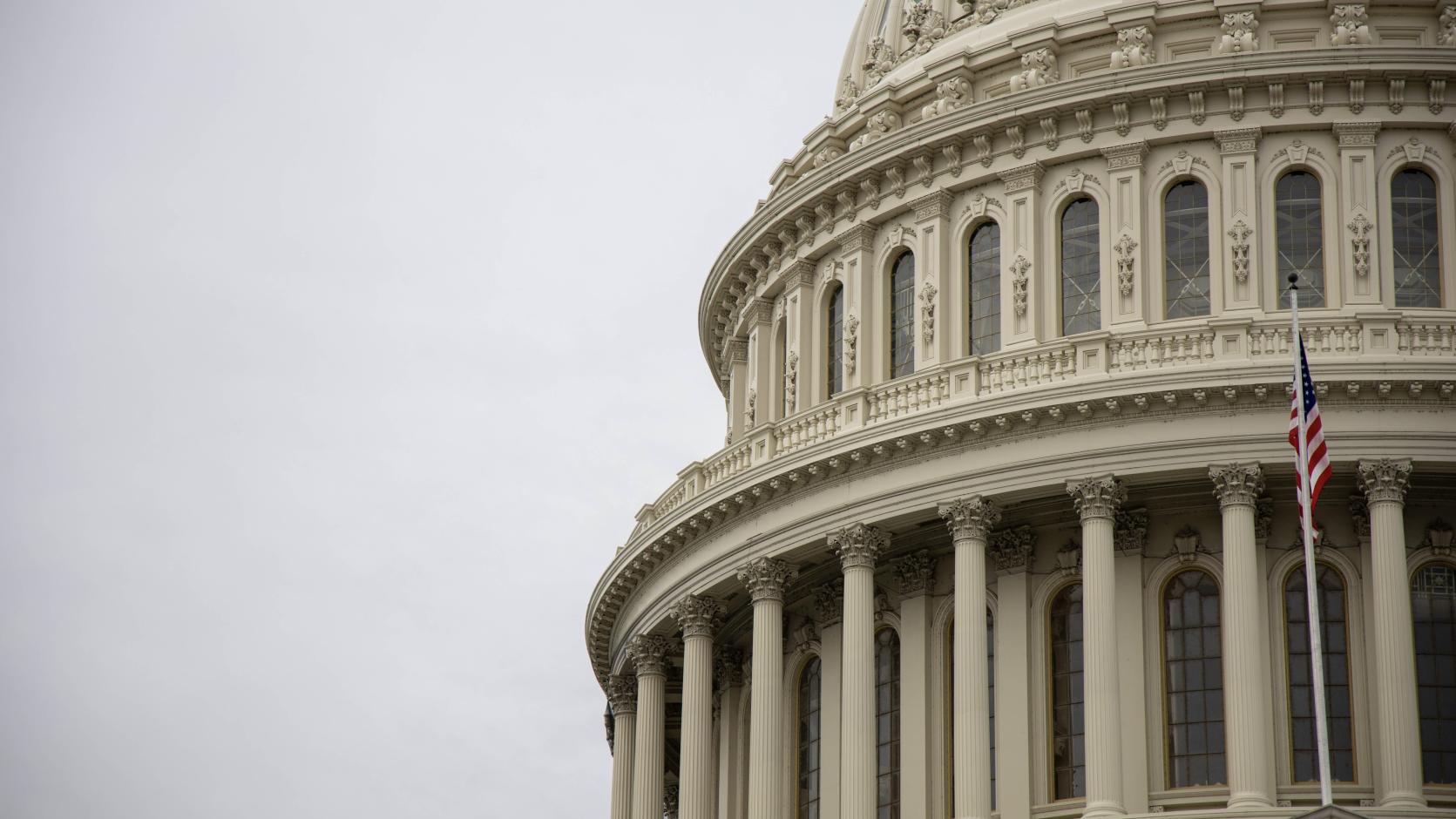Learning by Doing: What It Means to be a Scholar in Service
Stanford faculty reflect on the experience of serving the U.S. government

Every time we open the call for Scholars in Service applications at Stanford Impact Labs (SIL), we’re mindful that interested faculty often have questions about the program. Who better to offer advice than those who have participated in the past?
In September 2022, SIL faculty director and Professor of Political Science, Jeremy Weinstein, sat down to reflect on the opportunity to serve with Jim Fearon, Professor of Political Science, who worked in the Office of the Undersecretary of Defense in the U.S. Department of Defense; Gopi Shah Goda, senior fellow at the Stanford Institute for Economic Policy Research who served on the White House Council of Economic Advisers; and Ira Lit, Professor of Education, who worked in the Office of U.S. Senator Cory Booker. You can watch their recorded conversation here. What follows is an excerpt.
What are you most proud of having accomplished during your period of service?
Gopi Shah Goda: In academia, we have the luxury to kind of stick to our comfort zone, and become a deep expert, and you just don't have that luxury when you're working in the policy environment. You become more of a generalist, and I like the fact that I was pushed out of my comfort zone. I could have spent the whole year at Stanford, and not really engaged at all on the topic of inflation as a microeconomist. But being in DC, it was impossible to do so, and I feel like I really learned a lot through that process.
Ira Lit: The quality and depth of relationships that I've built with members of the Senator’s staff and other folks who work around the Hill. Also, the pace of work in government is fast and furious! That’s really different than the pace of work in academia, where you have lots of time to linger and puzzle and go deep. I’m happy that on a few occasions I was able to bring a studied and steadied approach to some things that the office deeply valued, but wouldn't have otherwise had the opportunity to sharpen and polish.
What’s the most important thing you learned as a Scholar in Service?
Jim Fearon: In academia, we talk about policy as a few concrete choices to choose from. An important thing I learned is that what a policy really means is hundreds of thousands of decisions and actions, from formulation to implementation, each of which involves communicating with tons of people.
Ira Lit: The difference between what I was able to learn through a sabbatical in service versus what I would have done under a typical sabbatical was substantial. The learning pace was just so rapid in ways that I don't really have the pleasure to do on a regular basis as an engaged faculty member.
How has this experience affected the way you think about your research or professional path going forward?
Gopi Shah Goda: I think more about how research can make a difference in the policy process. The idea of writing a paper and publishing it in a journal, and that being the end goal, is not really the way I want to work anymore.
Jim Fearon: In some ways, it has changed how I can interact with graduate students. There are usually a few PhD students each year in the military. Now I’m in a much better position to talk to them, and understand their perspective.
Was academic perfectionism a hindrance at all?
Ira Lit: The goal in a policy context is different from the goal in an academic context. In a policy context, we’re trying to do work that helps bring the greatest good to the largest number of folks with a bias towards those who have been historically underserved. A bias towards wanting things to be perfect could get in the way of achieving that mission, so I think it was important to be open to letting that go and see what happens on the other side. That was part of the privilege of this opportunity.
Jeremy Weinstein: Sometimes as academics we put ourselves in a narrow box of expertise. In a policy setting, however, there’s an opportunity to contribute more broadly - don’t be afraid to bring your perspective to things outside of this narrow box. Remember that you can also contribute by bringing ways of thinking about the world and frameworks on how to analyze a question that are often quite unique in government.
What other advice do you have for faculty who want to participate in the program?
Jeremy Weinstein: When I reflect on the differences between government and academia, I think that academia generally selects for people who like to do what they want to do and be left alone to do it. The public sector, social sector organizations, and even most private sector organizations really privilege collaboration and teamwork. That's a culture change that one needs to be prepared for. Recognize that being impactful, learning, and contributing will depend on relationship building. Put in the time - figure out who you're going to have coffee with every day outside of your regular meetings. Ask them what they do and why they do it.
